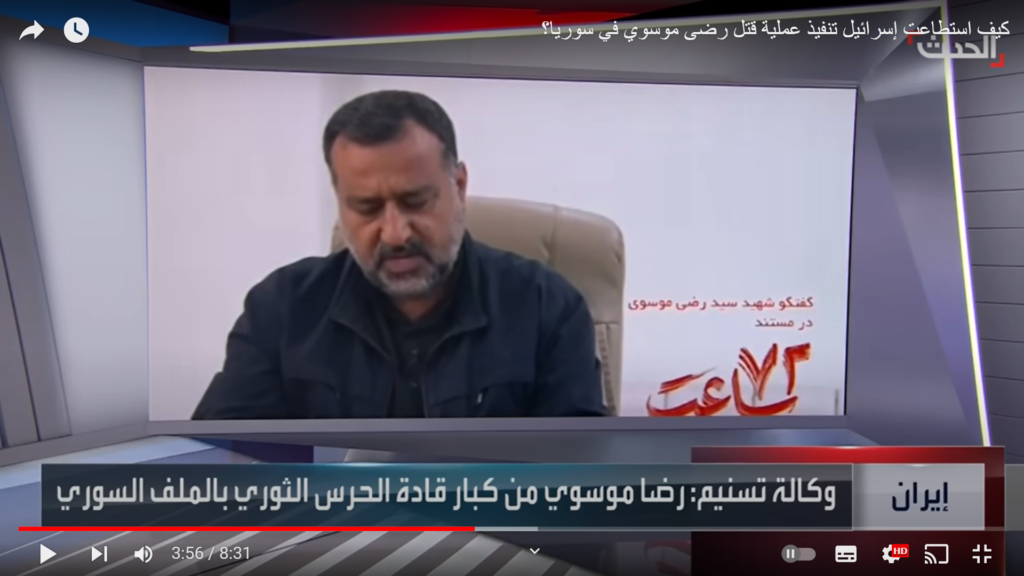Israel, as its policy dictates, neither confirms nor denies responsibility for the operation. However, the precision of the assassination underscores the high intelligence and operational capabilities of the IDF.
It appears to be a signal to Iran that Israel is prepared to exact a direct price for Iran’s involvement in activities against Israel, notably by its proxies such as the Houthis in Yemen, who imposed a naval commercial blockade on Israel.
Despite threats from Iranian officials and Hezbollah’s Deputy Secretary-General Sheikh Naim Kassem, warning of a “hard and painful” response, Israel is signaling a proactive stance.
The move, though belated after 80 days of conflict in the Gaza Strip and the northern border, aims to shift the focus to strategic Iranian targets in Syria and Iran.
This marks only the beginning, and Israel intends to hold Iran accountable.
Contrary to some media reports, Riza Mousavi was not the commander of the Revolutionary Guards in Syria but held a senior position equivalent to Brigadier General.
He was closely associated with General Qasem Soleimani, assassinated by the U.S. in 2020, and was involved in weapon production, smuggling, and transferring funds from Iran to Hezbollah in Lebanon and pro-Iranian militias in Syria.
The successful operation also serves as a message to Syrian President Bashar Assad, who recently permitted Hamas to establish a new branch in Syria, resulting in rocket attacks on Israel.
This action challenges Iran’s perceived immunity as a regional power, fostering the false impression that it is immune to Israeli confrontation.
Anticipating a possible retaliatory response from Iran, Israel is preparing for potential attacks from Yemen, Syria, Lebanon, and Iraq, involving rockets and missiles, or even actions in the Red Sea and Bab Al Mandab area against Israeli ships.
There’s a possibility of Iranian intelligence or Hezbollah attempting responses by targeting Jewish and Israeli interests abroad.
The decision not to officially claim responsibility for the assassination aligns with Israel’s strategy, delivering a strong message without escalating tensions through public provocations.
This approach mirrors Israel’s handling of the recent cyber attack on Iranian gas stations, where official acknowledgment was also absent.
In the midst of challenging battles with Hamas and Hezbollah, this successful operation contributes to raising morale in Israel, though not its primary objective.
Iran must recognize that it has crossed red lines and is not immune; Israel’s reach extends far and demands accountability.




